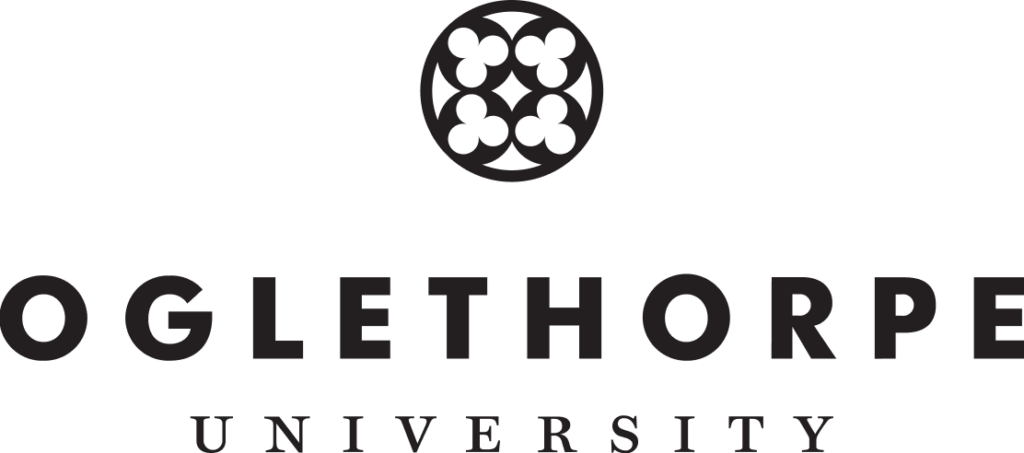Celebrating 80 Years of the Core
The Heart of an Oglethorpe Education
In 1944, under then-university president Dr. Philip Weltner, Oglethorpe University initiated one of the earliest efforts to develop a core curriculum, with the twin aims to “make a life and to make a living.” The goal of The Oglethorpe Core was to create a common learning experience focused on citizenship and human understanding.
With the 80th anniversary of The Core this year, the Oglethorpe Community has celebrated what has become an integral part of an Oglethorpe education, connecting students to history, current events and each other through thoughtful understanding and rigorous discussions.
The events this year have included Core discussion panels with alumni, faculty and current students. The celebration continued with a Core Trivia Night in the dining hall and a read-in co-sponsored by the Petrel Pageturners, an active student group for bibliophiles.
Over the years, The Core has achieved Dr. Weltner’s goal and truly become a common thread for alumni and faculty to reminisce about and grow from. “It’s a communal experience, and students are able to talk to their friends about the same readings and topics,” said Director of Core Studies Dr. Judith Levy. “However, they also find that different instructors teach each of the topics differently, so while it’s communal, it also shows students that there is no monolith of ideas or presentation formats for any given topic. I believe this helps grow student voice and creativity.”
In its 80th year, The Core is still making a difference to Oglethorpe students who are learning to synthesize information, communicate amid differences, and formulate action plans in the community with their peers. The Core has stretched beyond the classroom to include The Core Self exhibitions at the Oglethorpe University Museum of Art (the next one opens this July) and reading groups for alumni to stay connected. While continuing to emphasize transformational texts and big humanistic questions, The Core is also evolving with today’s learners.
Levy explains that faculty regularly collaborate on new ideas, like an ePortfolio that provides a multimodal, digital format for student projects and experiential learning through community partnerships.
“I believe that more experiential learning through community partnerships would help enhance students’ skills by showing how we can take the topics we read about in Core and see them in action, simultaneously highlighting the last step in our motto, to ‘Make a difference,’” says Levy.

